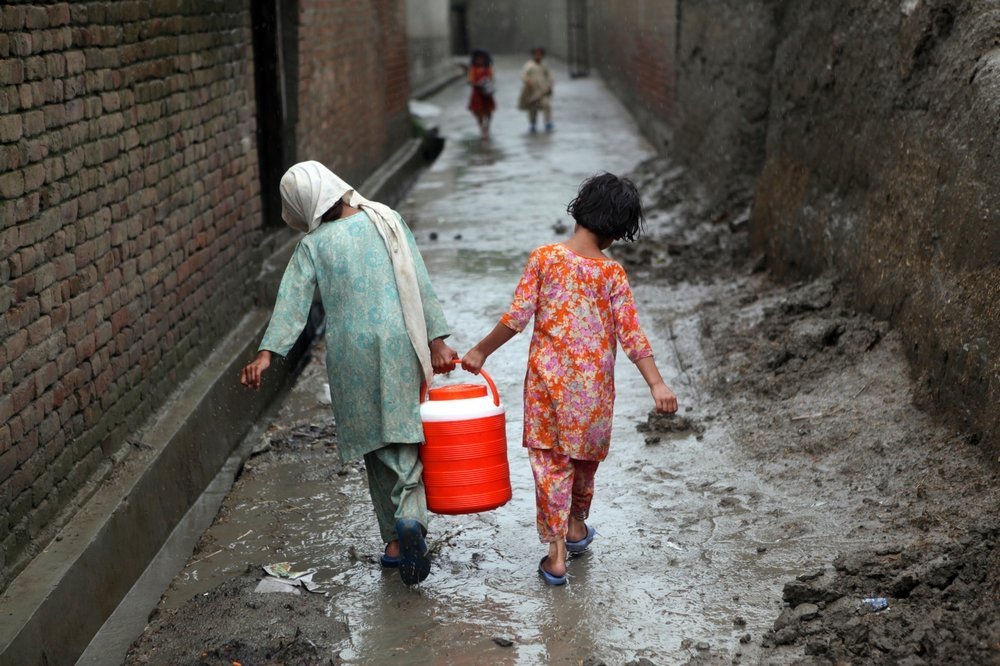
Islamabad – Access to safe drinking water and healthcare is a top priority in the ongoing flood emergency in Pakistan, says international medical organisation Doctors without Borders (MSF). The response should be based on the need of the affected populations alone, and not subject to political or military agendas.
The response to date has taken place in a highly political environment and has been influenced by national and international political agendas. Some donor countries have openly mobilised support for this crisis based on their own national security interests. US Senator John Kerry has stated that “obviously there is a national security interest” in providing assistance to Pakistan.
“Humanitarian assistance in any conflict environment must be based on principles of independence and neutrality. Warring parties, governments, and political parties, cannot claim these principles” said Thomas Conan, MSF representative in Pakistan. “We therefore do not accept any funds from donor governments for our work in Pakistan and Afghanistan. Our reliance on private funds that are gathered from the general public worldwide ensures that we remain strictly independent from any government or military and allows us to be responsive to the needs that we identify”.
Since the beginning of the crisis, MSF has conducted more than 16,664, consultations, delivered over 540,000 litres of clean water per day and distributed 14,675 packages of relief items, in addition to 4,855 tents.
An increase in the emergency response, particularly with regards to safe water and access to health facilities, is what is needed to ensure that those who have been left vulnerable from the floods are able to recover, and to prevent a deterioration of the medical situation. “Considering the conditions people are living in now, in particular the lack of access to safe drinking water and adequate sanitation, the risk of gastroenteritis or waterborne diseases such as cholera is a real concern,” said Dr Ahmed Mukhtar,
MSF volunteers currently conduct medical activities in more than 15 locations in Khyber Pakhtunkhwa, Federally Administered Tribal Areas, Punjab, Balochistan and Sindh provinces. With more than 1,200 national and 100 international staff in Pakistan, MSF is currently scaling up its rapid response to the flood disaster.
To ensure the independence of our medical work, MSF relies solely on private financial donations to fund its activities in Pakistan and does not accept funding from any government, donor agency, nor from any military or politically affiliated group.
For the past 39 years MSF medical teams have been providing medical treatment to populations affected by armed conflict, epidemics, natural catastrophes or a lack of general healthcare in over 60 countries around the world including in Pakistan, Sri Lanka, Afghanistan, Somalia, Iraq, Colombia, Uganda and Sudan among many others.
Find out more about MSF in Pakistan